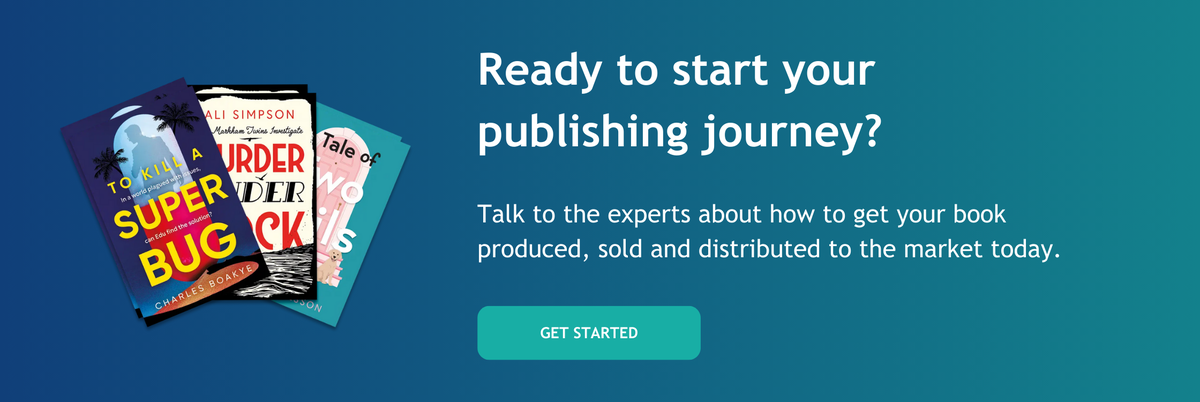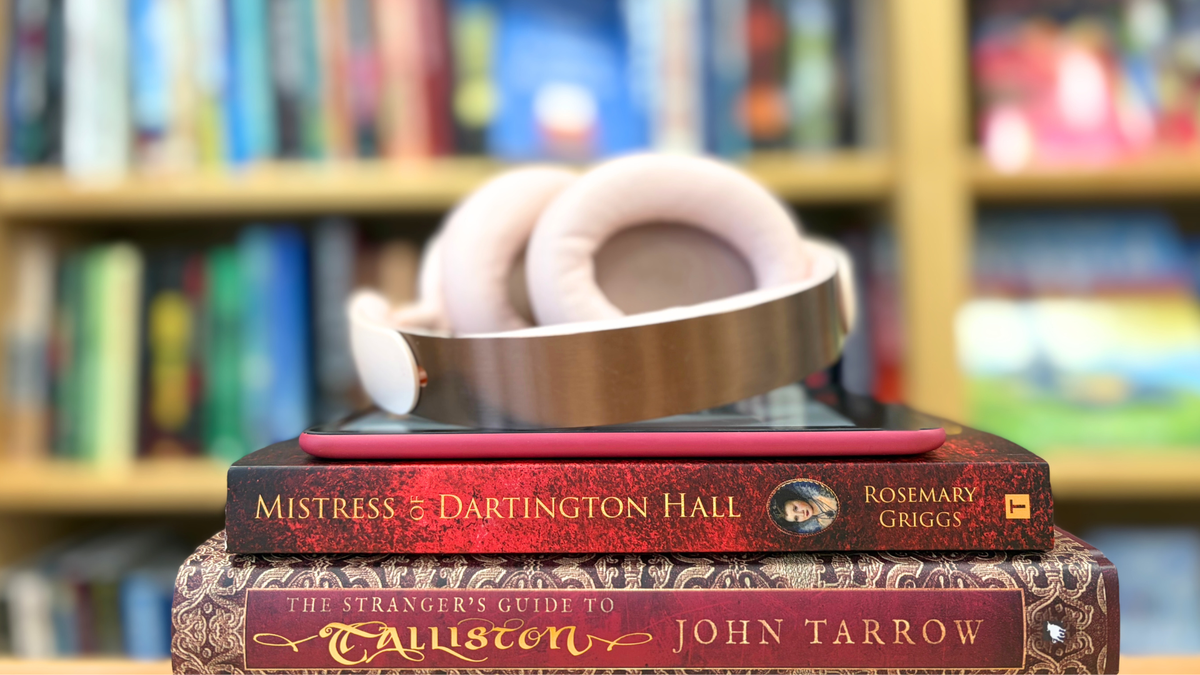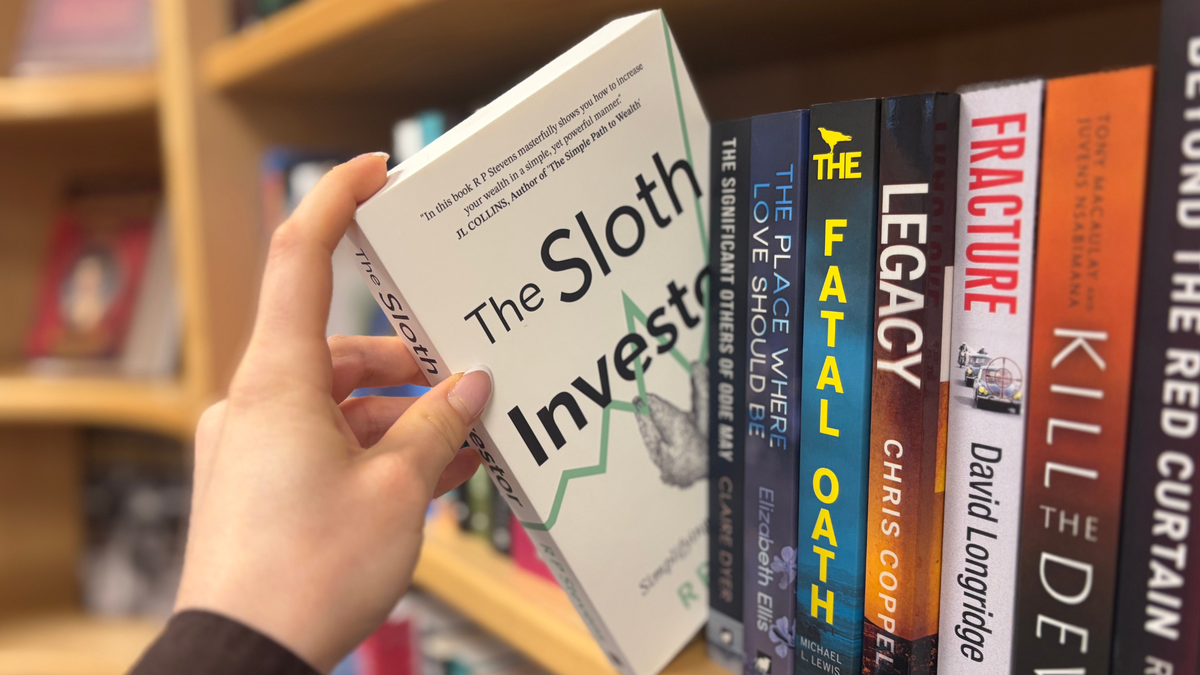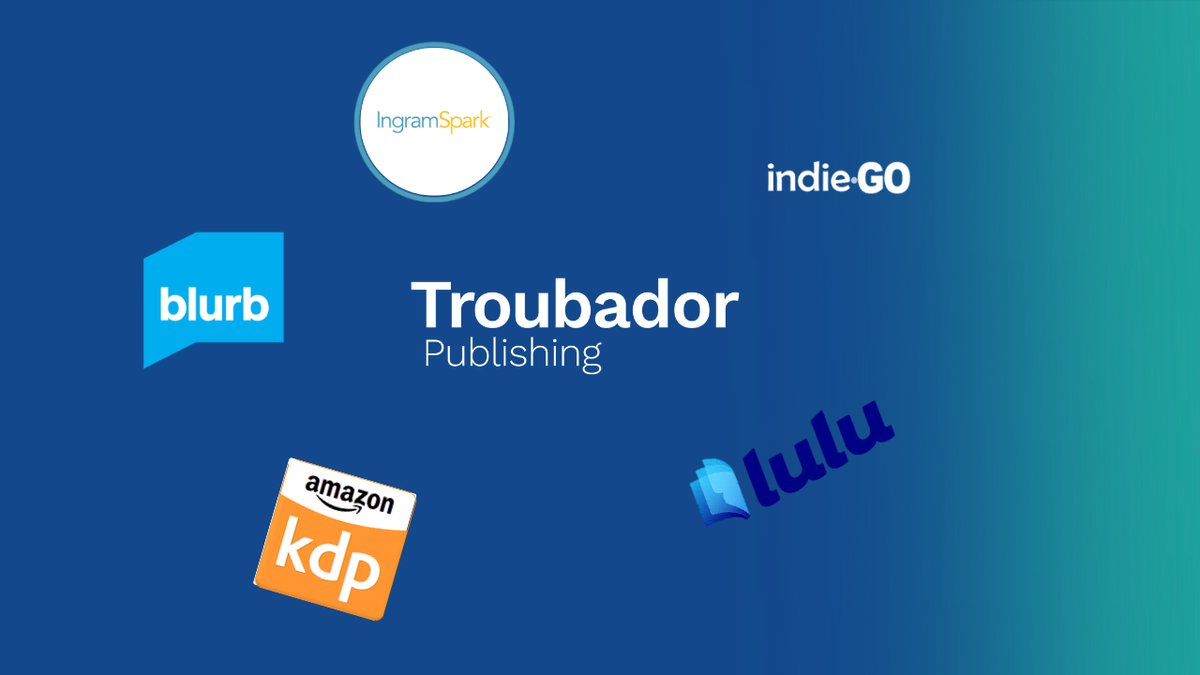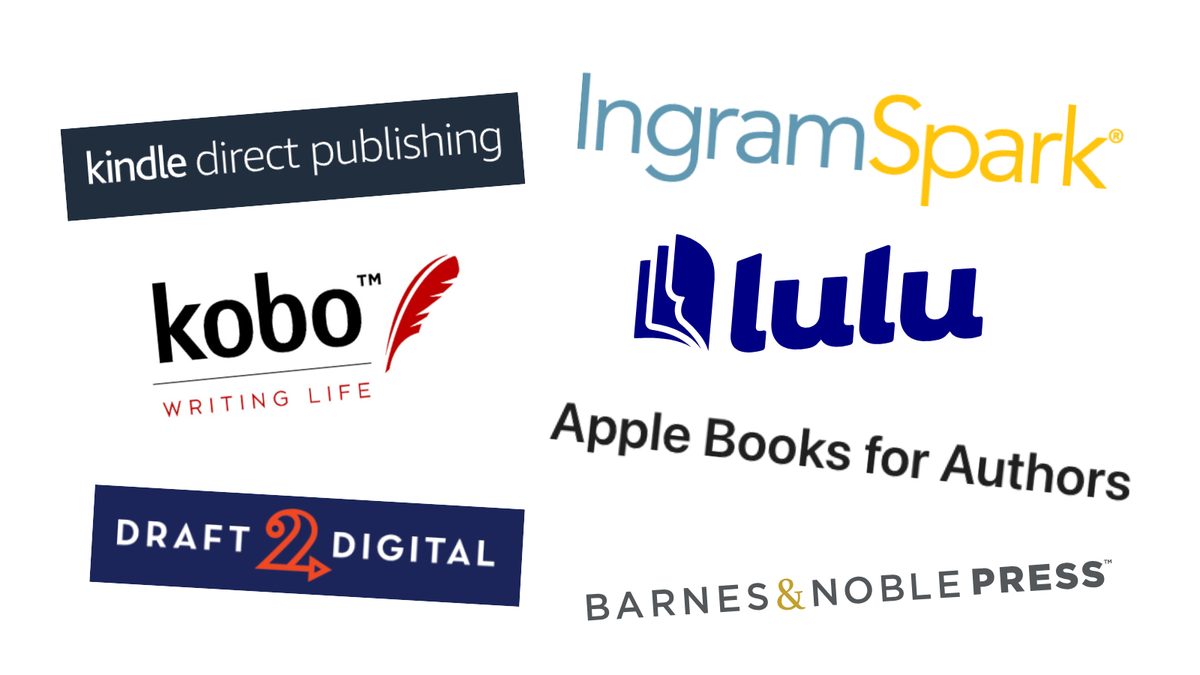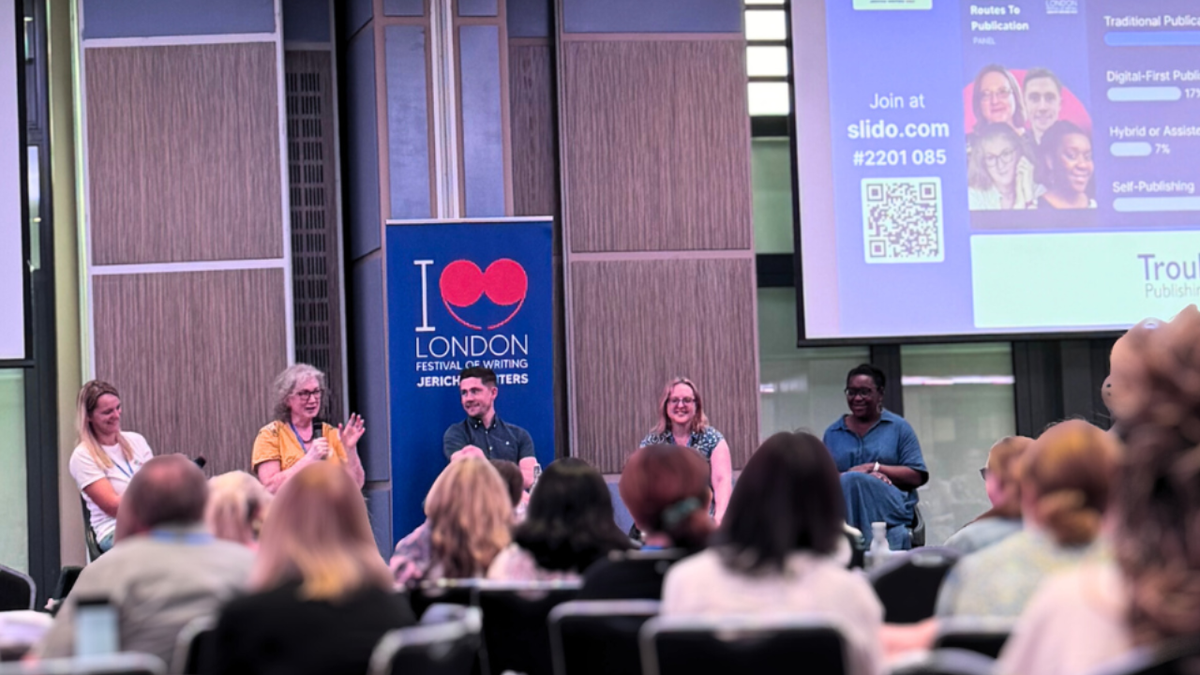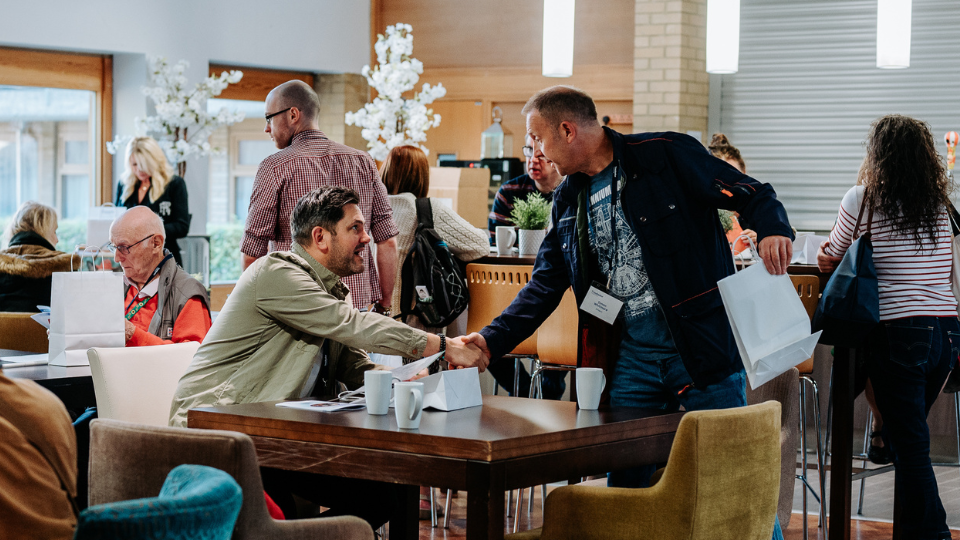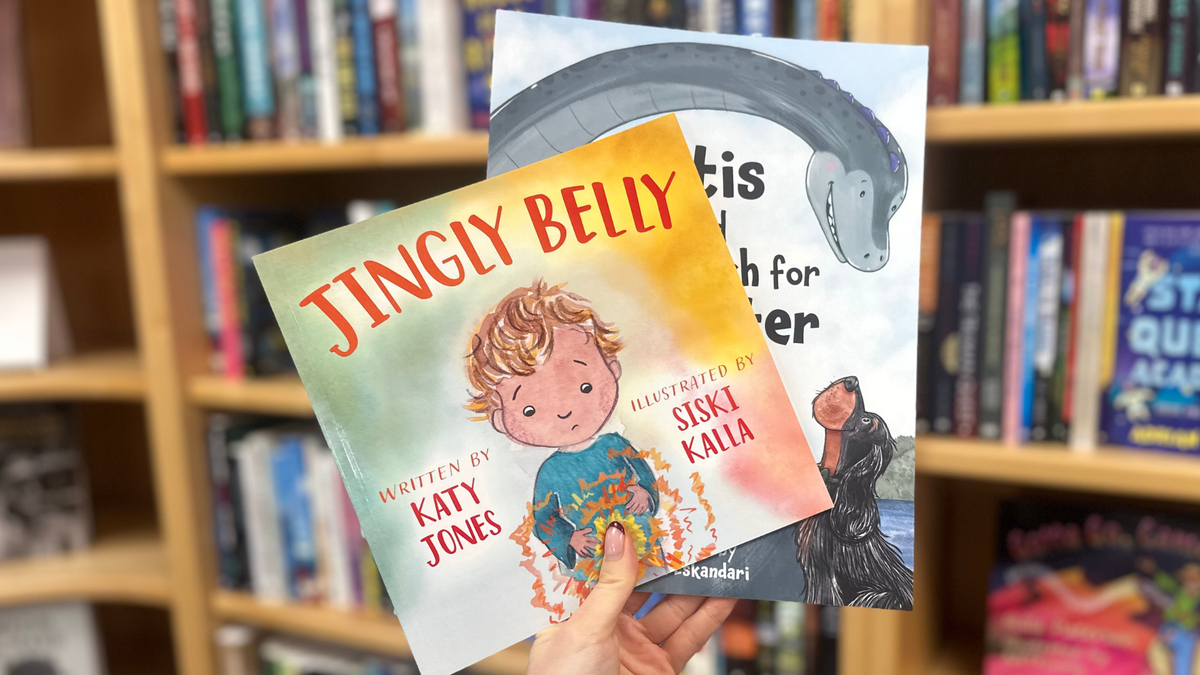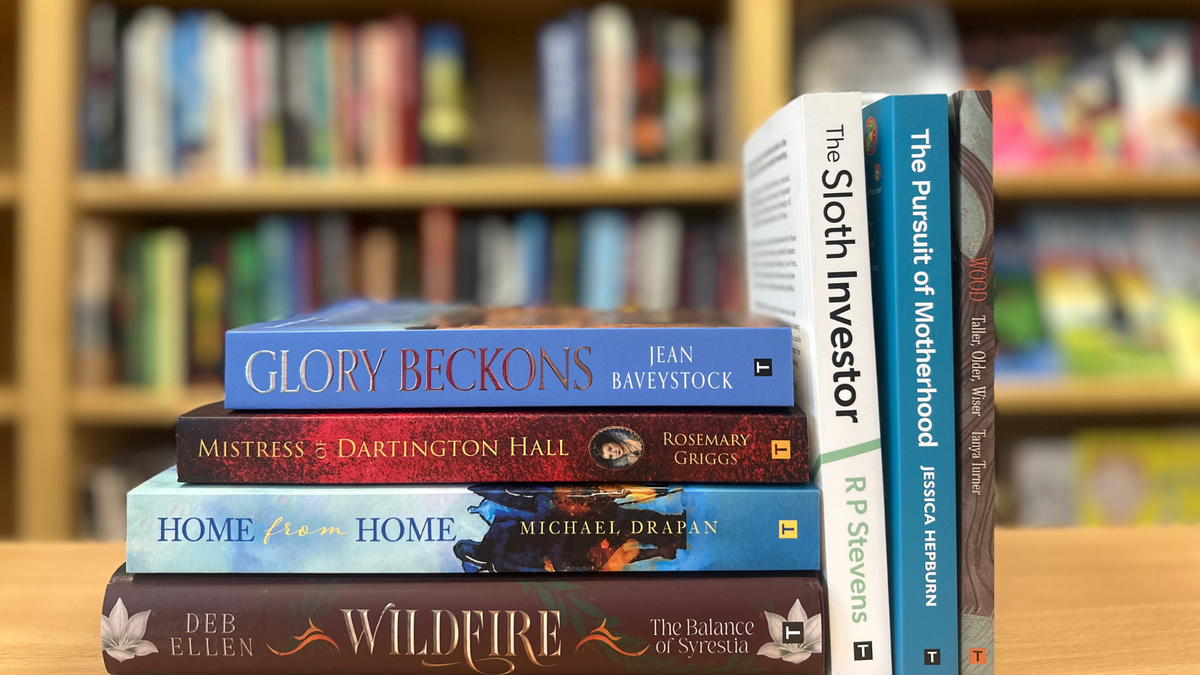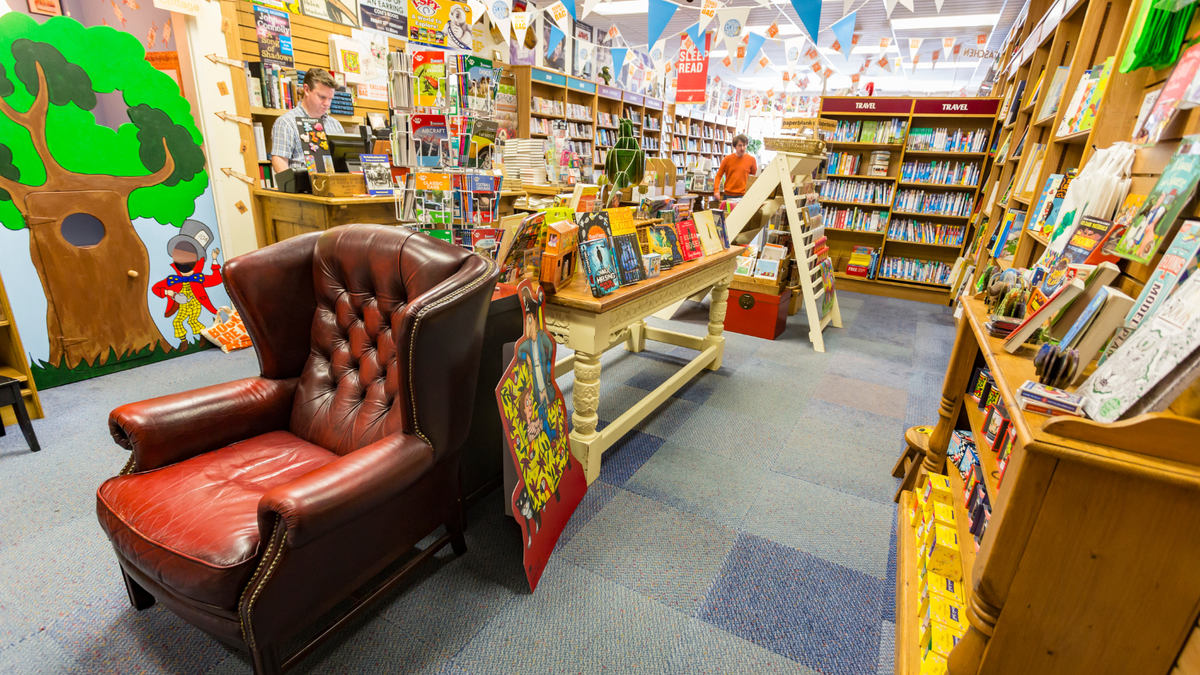
11th September, 2025
5 min read
How Indie Authors Can Build Local Connections to Sell More Books
Written by:
Chloe May
Getting your self-published book out into the world can feel like a huge challenge. Without a publisher behind you, it’s easy to wonder how on earth you’ll get people to notice your work. But one of the most powerful – and often overlooked – ways to build momentum is right on your doorstep.
Local bookshops, libraries, schools and community groups are often excited to support local writers – and those connections can do far more than just sell a few extra copies. They can help you build a loyal audience, create lasting relationships and give your book the buzz it deserves.
In this article, we’ll look at a few ways indie authors can make the most of their communities to grow their readership and turn community support into long-term success.
Partnering with Independent Bookshops
Independent bookshops in the UK are thriving – ‘bucking the trend of high-street decline’, according to the Independent – and many bookshops are at the heart of their local community. Many shop owners and managers are passionate about supporting local writers and are more approachable than new authors may think!
Authors are more likely to be successful with partnering with local bookshops if they themselves have been loyal customers for a while, so we recommend building relationships from early on and a friendly, but not pushy, approach. Consider emailing the bookshop manager or visiting during a less busy period when booksellers are more available to talk. It is generally recommended to wait until you have a finished copy of the book printed and ready to show. Bookshops may have concerns about the quality of the finished book, which can immediately be alleviated by providing a finished copy during your visit.
Bookshops love events that bring people through the door. Authors can suggest a signing, a reading or even a workshop if it fits their genre. Bookshops will have lots of experience with events and will be able to steer authors towards the events that work best for their audience. Authors can also promote the event themselves through social media and the local press to show the bookshop that they’re serious about making the event a success.
Making the Most of Libraries
Libraries offer a unique way to reach readers who are actively looking for new books and local talent. We recommend that authors visit in person or introduce themselves over email, and find out how they support local authors. As with approaching independent bookshops, it’s best to be prepared with a well-produced, finished product as well as all of the information a library needs to purchase it. Some libraries accept donations of self-published books, but may purchase copies if they think there will be demand.
Many libraries run author talks or have dedicated spaces for workshops and they are often part of local community projects. Authors may have success with readings, a Q&A about the writing process or a creative workshop and a library will be best placed to advise on the events that have the most success.
Remember, libraries are long-term allies. A single event may not sell hundreds of books, but it’s a chance to reach engaged readers and create a lasting impression that keeps your books (and any future books) prevalent in the community.
Engaging with Schools
Schools and colleges can be fantastic partners for indie authors. Teachers and librarians are often looking for ways to inspire students and make reading more exciting – and a visit from a local author is a perfect fit.
School visits can be particularly successful if an author is already connected to the school – whether they attended themselves or have a child or relative who is currently attending. If an author has no prior connection, a polite email to the school introducing yourself, your book and how a visit could benefit students is usually the best approach. Schools often celebrate events like World Book Day or author-themed projects. Positioning your visit as a way to support these initiatives makes it easier for schools to say yes.
When planning a school, authors should tailor it to the age of the students they will be speaking with. Younger children respond well to storytelling sessions or interactive workshops, while older students might enjoy discussions about writing techniques, publishing processes or even career advice. Signed copies, giveaways, or small writing exercises can make your visit memorable. Students who meet the author are far more likely to read the book, talk about it with friends and even encourage family members to buy it.
Connecting with Local Groups and Organisations
Local groups and community organisations are another great way for indie authors to expand their reach. From book clubs and writing circles to historical societies and community centres, these networks are full of people who are open to supporting local talent. Many Troubador authors have had success hosting events with their local WI or U3A groups.
Authors can start by making a list of clubs and organisations in their area that might find their book interesting. Libraries, community noticeboards and social media groups are great places to start. Then, once an event is lined up, make sure the offering is suitable for the group: a historical fiction author could give a talk on research techniques to a local history society, while a children’s author might run a creative writing workshop at a youth club. Authors can also look into participating in local events, such as fetes or craft markets, where they can showcase their work – even a small stand can introduce a book to a wider audience.
Think Local
Most self-published success stories don’t come from a big launch or a single viral moment, they come from steady, genuine and scalable connections with readers. By partnering with independent bookshops, connecting with libraries, visiting schools and engaging in local groups and events, authors can build a community around their book that is genuinely invested in the long-term success of the project – as well as any future books. So start small, think local and nurture the connections around you. Your next reader could be just around the corner.

